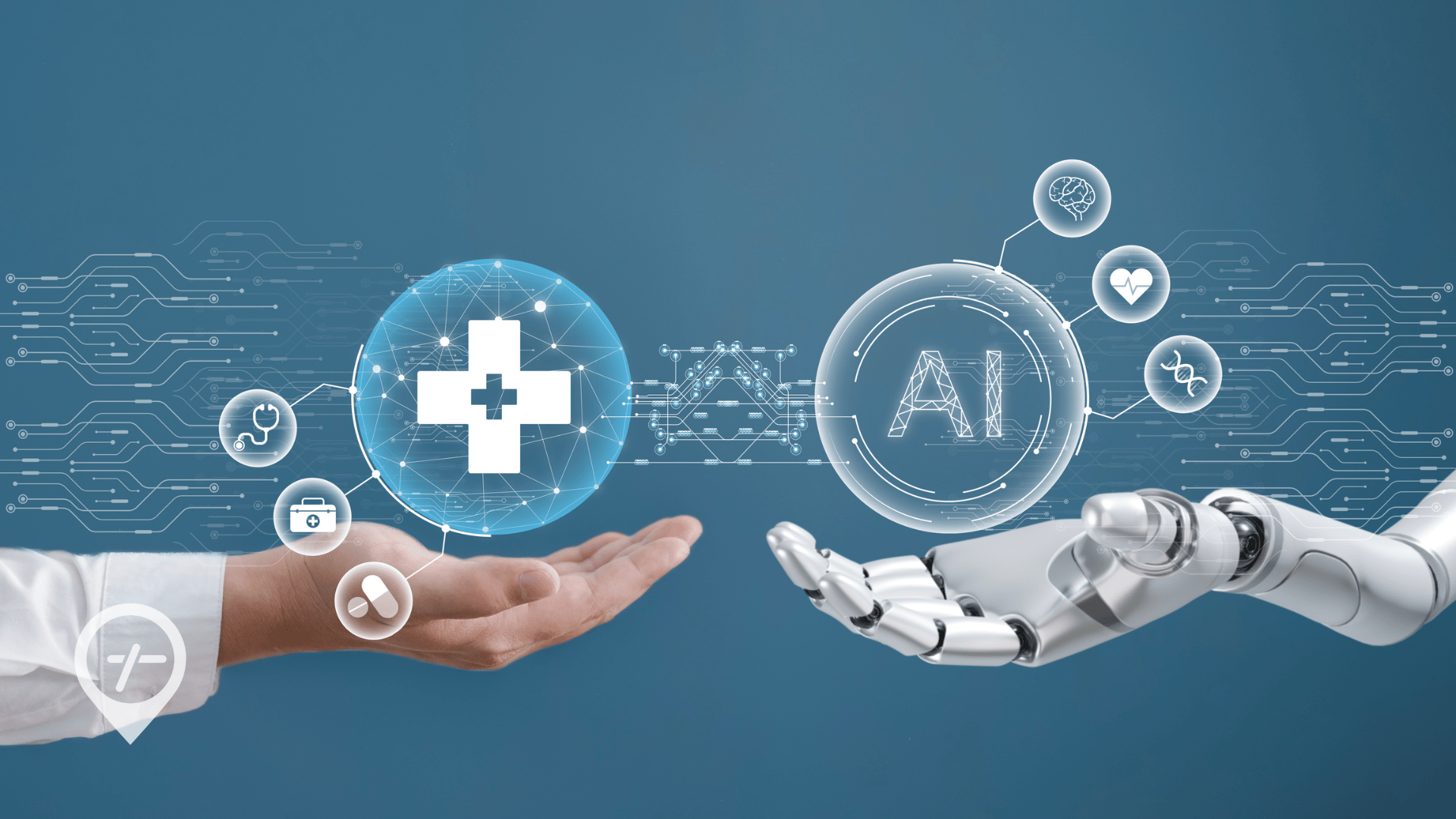The notion of robots in healthcare often conjures images of futuristic operating rooms, precision surgeries, and advanced diagnostic tools. It seems like the next natural step in the evolution of medicine. Yet, despite significant advancements, there remains a palpable hesitation in fully embracing robots within healthcare settings. This wariness stems from a combination of concerns related to trust, technology limitations, ethical dilemmas, and human emotions. So why, in an age where AI and robotics are changing virtually every other sector, do we still find ourselves hesitant to fully integrate robots into healthcare?
The Promise of Robots in Healthcare
Before delving into the reasons for hesitation, it’s important to understand the potential benefits of robots in healthcare. The idea is alluring for a multitude of reasons:
- Precision and Accuracy: Robots, particularly surgical robots like the Da Vinci Surgical System, are capable of performing highly precise operations that reduce human error. These robots can operate with micrometer precision, reducing the risk of complications.
- Efficiency and Productivity: Robots can automate repetitive tasks such as administering medication, managing patient data, or even performing diagnostic scans. This can free up healthcare professionals to focus on more complex, patient-centered aspects of care.
- Remote Care: Telemedicine and robotic systems are already allowing doctors to perform remote surgeries or assist with medical procedures from thousands of miles away. This is especially important for patients in rural or underserved areas.
- Consistency: Robots, unlike humans, don’t experience fatigue. They can maintain a consistent performance level over long shifts or extended procedures, ensuring that patients receive the same high standard of care every time.
Despite these clear advantages, the healthcare industry has been cautious. Let’s explore why.
The Trust Issue: Can We Rely on Robots?
The fundamental question in healthcare is whether robots can be trusted with human lives. The stakes are extraordinarily high when it comes to medical decisions. A small mistake or malfunction in a machine could have dire consequences.
Fear of Failure
Machines, no matter how advanced, can break down. A failure during a procedure could lead to catastrophic outcomes. The idea that a robot could malfunction in the middle of surgery or make an incorrect diagnosis is a daunting prospect. Despite rigorous testing and improvements in artificial intelligence (AI), there’s an inherent uncertainty.
In medicine, a failure isn’t just a technical glitch; it can lead to death, disability, or prolonged suffering. Even though robots in healthcare are thoroughly tested, the idea of entrusting life-and-death decisions to a machine remains a source of anxiety.
The “Black Box” Problem
Many AI systems function as “black boxes,” meaning that even their creators may not fully understand how they reach a particular decision. This opacity makes it difficult for doctors and patients to trust the reasoning behind a robot’s action or diagnosis.
In the world of healthcare, transparency is essential. A patient must trust that their physician knows why a certain treatment is being recommended. If a robot is involved, that trust can be undermined by the lack of clarity around the decision-making process.

The Human Touch: Why Machines Can’t Replace Empathy
Healthcare isn’t just about diagnostics and procedures; it’s about human interaction. One of the most significant reasons for hesitance toward robots in healthcare is the inability of machines to replicate the empathy and compassion that human doctors and nurses provide.
The Need for Empathy
Patients don’t just want a diagnosis; they want someone who understands their pain, their fears, and their concerns. While robots can offer technical precision, they cannot comfort a patient in the way a human can. A comforting touch, a reassuring word, or simply a sympathetic ear is something that a robot, no matter how sophisticated, cannot replicate.
Emotional and Psychological Concerns
For many patients, particularly those undergoing serious procedures or dealing with chronic conditions, a robot in the room could feel dehumanizing. It could foster a sense of detachment or fear, making them feel like they’re just another data point or algorithm rather than an individual with unique concerns.
While technology has revolutionized medicine in countless ways, it’s unlikely that a robot will ever replace the bond between doctor and patient—at least not in the emotional sense.
Ethical Considerations: Who is Responsible?
Robots in healthcare present a host of ethical dilemmas. If a robot makes an error during surgery, who is responsible? The manufacturer? The hospital? The surgeon who used the robot?
Liability Concerns
These questions of accountability are especially tricky in the context of healthcare. Doctors and medical professionals are trained to take responsibility for their decisions, and their personal accountability is a crucial part of the trust patients place in them. When a robot is involved, the line of accountability becomes blurred. Is it fair to hold a surgeon responsible for a robot’s mistake if they were merely the operator and not the decision-maker?
Job Displacement Fears
Another ethical concern is the potential for robots to displace human workers. Healthcare is one of the largest employment sectors globally, and many fear that robots could replace nurses, technicians, or even doctors. While robots are not likely to replace healthcare professionals entirely, their increased presence could shift the nature of medical jobs, possibly reducing the need for human labor in certain areas.
Bias in AI Systems
AI systems are only as good as the data they are trained on, and many AI algorithms have been shown to have biases based on skewed or incomplete data sets. For example, an AI designed to analyze medical images might not be as effective for patients of different racial backgrounds if the training data lacked diversity. This could lead to misdiagnoses or inequality in treatment, raising ethical questions about the fairness of robotic healthcare systems.
Technological Limitations: Robots Are Not Infallible
While robots in healthcare have made impressive strides, they are still far from perfect. The technology, although advanced, has several limitations that contribute to the hesitance surrounding its use.

Complex Decision-Making
While robots can excel in highly structured tasks, such as performing repetitive tasks or making decisions based on well-defined parameters, healthcare often requires nuanced judgment and the ability to think outside the box. Medical decisions don’t always have a clear-cut answer; there’s often an element of intuition and experience that comes into play. Can a robot replicate this kind of judgment? In many cases, the answer is no.
Integration Challenges
Another issue is the integration of robotic systems into existing healthcare infrastructure. Healthcare systems around the world are already overburdened, and the introduction of advanced robotic technology requires significant investment in both hardware and software. Hospitals may struggle with the logistics of incorporating such complex systems, particularly in regions with limited resources.
Patient Concerns: How Do Patients Feel About Robots in Healthcare?
Patients play a central role in the adoption of robotic technology. Their trust, comfort, and willingness to embrace technology are crucial to its success. Unfortunately, many patients remain wary of robotic care.
Lack of Awareness and Understanding
A significant barrier to acceptance is a lack of understanding about how robots work in healthcare. Many patients have misconceptions about robotic technology and may fear that robots are somehow less “human” or incapable of providing the same level of care as a doctor or nurse.
Privacy Concerns
Robots in healthcare often require access to sensitive personal data, including medical records, test results, and even genetic information. This raises concerns about data privacy and security. If a robot is compromised, the personal information of countless patients could be exposed. This fear of hacking and data breaches is a significant hurdle to the widespread adoption of robotic technology.
The Future of Robots in Healthcare
Despite these challenges, the future of robots in healthcare is undeniably promising. As technology advances, many of the concerns listed above may be alleviated. AI and machine learning algorithms are becoming increasingly sophisticated, and their ability to make nuanced medical decisions is improving. Robots may never fully replace human doctors and nurses, but they can work alongside them to improve outcomes, reduce errors, and increase efficiency.
As healthcare systems evolve and trust in robotic systems grows, robots may become integral parts of medical teams, much like the CT scanners and MRI machines we rely on today. The key will be finding the right balance—ensuring that robots support healthcare professionals rather than replace them, and that human touch remains at the heart of care.










































